
iPhone vs Android: Which Smartphone Should You Choose?
iPhone vs. Android: Which Should You Choose?
When it comes to choosing a smartphone, the debate between iPhone and Android is one of the most enduring in tech. Both platforms have their loyal fans and distinct advantages, making the decision a personal one based on your needs, preferences, and priorities. In this blog post, we’ll dive into the key differences between iPhone and Android to help you make an informed decision.
1. Operating System & User Experience
- iPhone (iOS):
- Simplicity and Consistency: iOS is known for its clean, intuitive interface and consistency across devices. The learning curve is minimal, making it a favorite for those who prefer a straightforward user experience.
- Ecosystem Integration: Apple’s ecosystem is tightly integrated. If you already own other Apple devices like a MacBook, iPad, or Apple Watch, the seamless synchronization between devices is a major advantage.
- Android:
- Customization: Android offers a high degree of customization. From widgets to custom ROMs, you can tailor your device to fit your style and needs.
- Variety of Devices: Android is used by a wide range of manufacturers (Samsung, Google, OnePlus, etc.), meaning you have a plethora of options in terms of design, features, and price points.
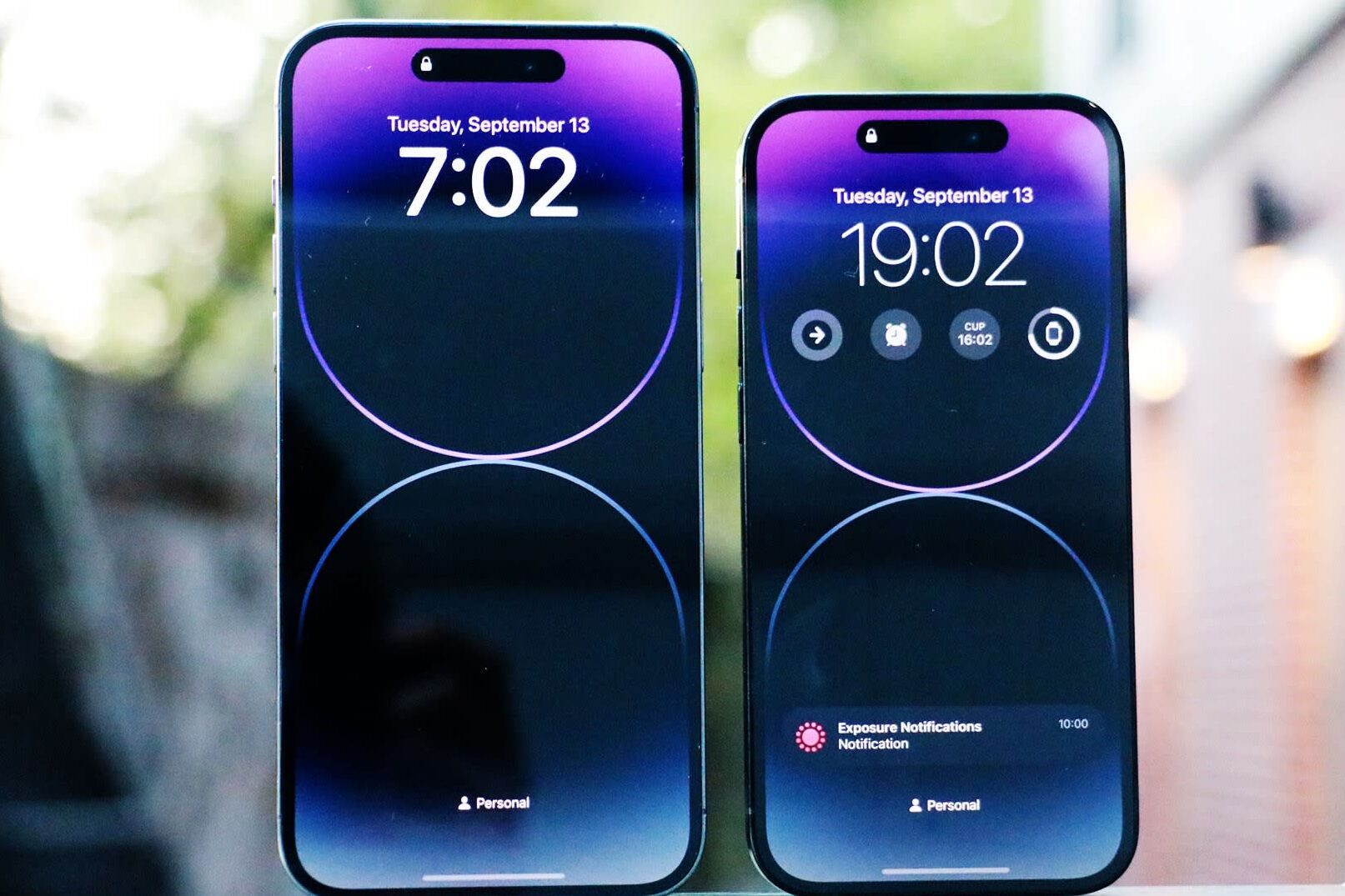
2. App Store & Software Updates
- iPhone (iOS):
- App Store: The App Store is known for its strict guidelines, which often translates to higher-quality apps and a more secure environment. However, some users find the selection more curated and less diverse than Android’s.
- Software Updates: Apple is excellent at providing software updates across all supported devices, often for many years after a device’s release. This ensures that even older iPhones get the latest features and security updates.
- Android:
- Google Play Store: Android’s Google Play Store offers a vast selection of apps, with more freedom for developers. This can lead to more innovative or niche apps but also a higher chance of encountering lower-quality or malicious apps.
- Software Updates: Android updates can be inconsistent, depending on the manufacturer. Google’s Pixel phones get timely updates, but other brands may lag behind, and some devices might never receive major updates after a year or two.
3. Hardware & Design
- iPhone (iOS):
- Premium Build Quality: iPhones are renowned for their premium build quality, with materials like aluminum, stainless steel, and ceramic. The design is sleek and often leads industry trends.
- Camera Performance: Apple consistently delivers top-tier camera performance, particularly in video recording. The cameras are optimized for ease of use, offering excellent results with minimal effort.
- Android:
- Diverse Options: Android devices come in various shapes, sizes, and materials. From budget-friendly plastic builds to luxurious glass-and-metal designs, there’s an Android phone for everyone.
- Cutting-Edge Technology: Android manufacturers often push the envelope with innovative features like high-refresh-rate displays, under-screen cameras, and fast charging. If you’re after the latest tech, Android might appeal more to you.
4. Privacy & Security
- iPhone (iOS):
- Privacy Focus: Apple places a strong emphasis on privacy. Features like App Tracking Transparency give you control over your data, and iPhones are generally considered very secure.
- Closed System: iOS is a closed system, which limits the potential for malware and security breaches but also restricts customization.
- Android:
- Open Source: Android’s open-source nature allows for more freedom but also makes it more susceptible to security risks. However, Google has been improving Android’s security features, with options like Google Play Protect and regular security patches.
- User Control: Android gives users more control over app permissions and data usage, but this comes with the responsibility of managing your own security.
5. Price & Value
- iPhone (iOS):
- Higher Price Point: iPhones generally come with a premium price tag, though they also hold their value well over time. If you’re looking for a long-term investment, an iPhone might be worth the cost.
- Resale Value: iPhones tend to have better resale value compared to most Android devices, which can offset the initial expense.
- Android:
- Range of Prices: Android offers a wider range of price points, from budget-friendly options to ultra-premium devices. There’s something for everyone, no matter your budget.
- Value for Money: You can often get more features for your money with Android, especially in the mid-range market, where competition is fierce.

Conclusion: Which Should You Choose?
Ultimately, the choice between iPhone and Android comes down to your personal preferences and priorities:
- Choose iPhone if you:
- Value a seamless, user-friendly experience.
- Are deeply integrated into the Apple ecosystem.
- Prioritize privacy and security.
- Want a phone that holds its value over time.
- Choose Android if you:
- Prefer customization and flexibility.
- Want a wide range of device options at different price points.
- Are interested in cutting-edge features and technology.
- Like having more control over your device and software.
Both platforms have their strengths, and neither is inherently better than the other. Consider what matters most to you and make a choice that best fits your lifestyle.
With this guide, you should be better equipped to decide whether an iPhone or an Android phone is the right choice for you. Whatever you choose, both platforms offer excellent options that can meet your needs and enhance your daily life.
Happy shopping!




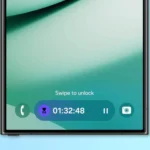

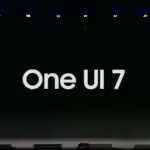

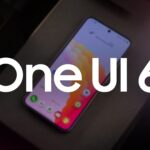
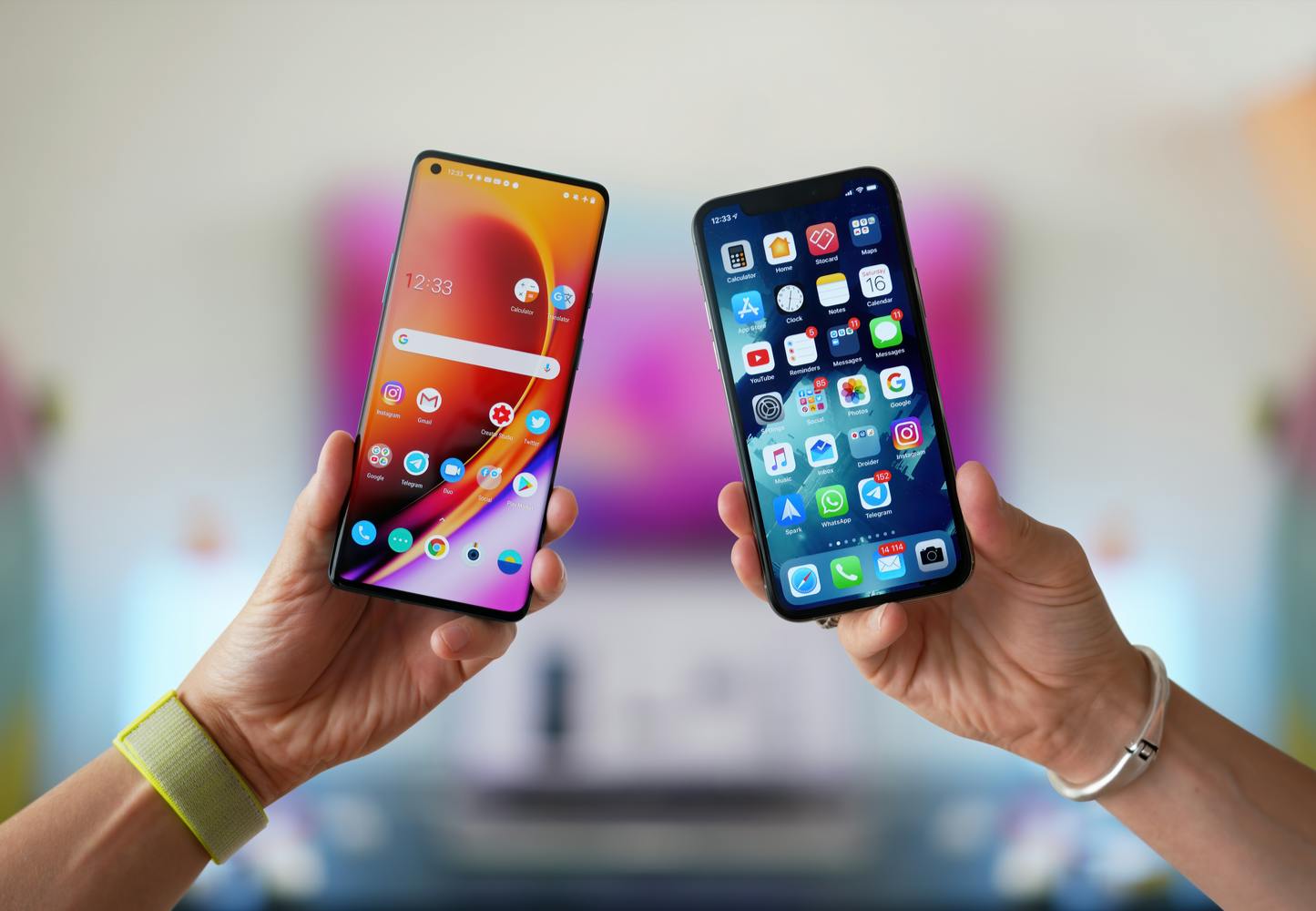
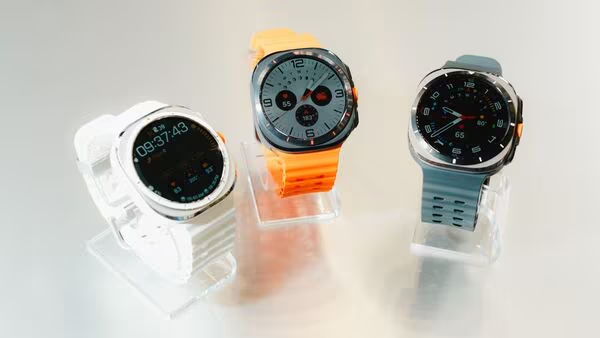
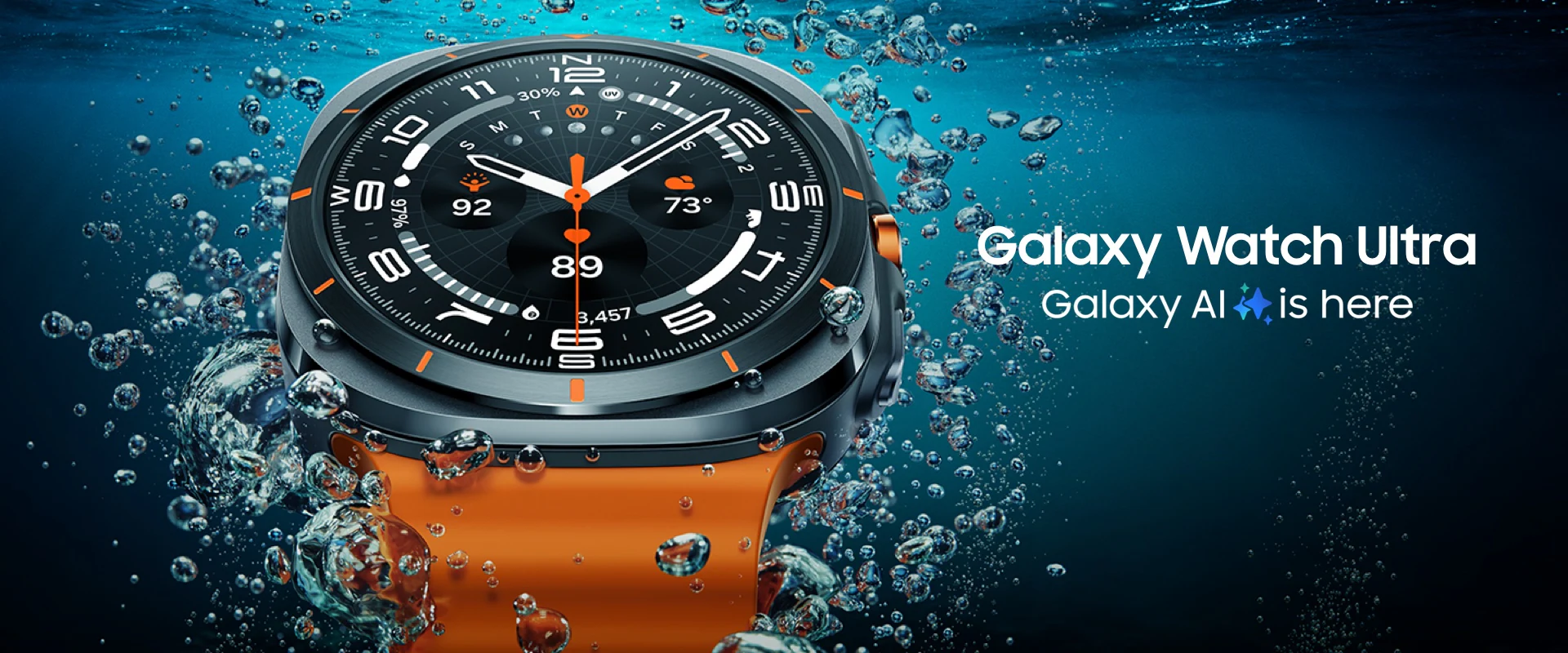
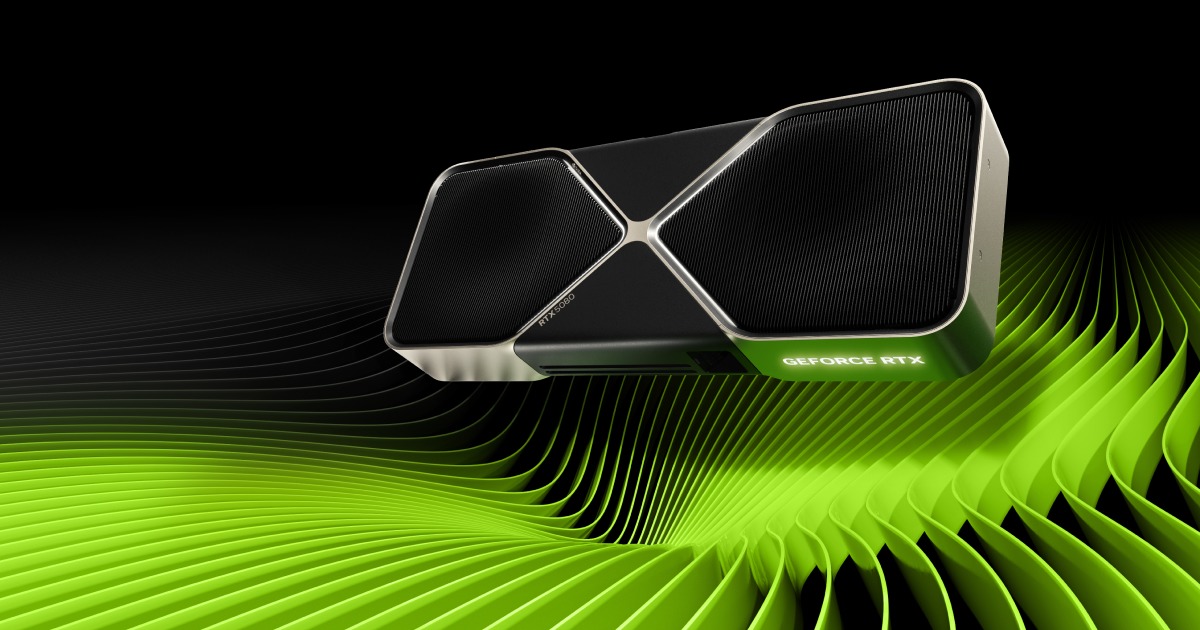





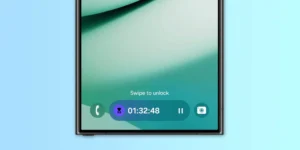
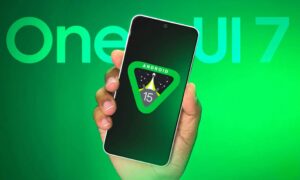
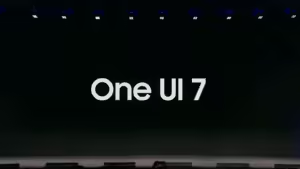
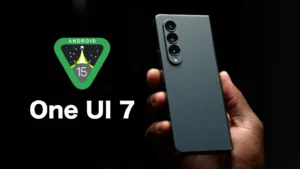
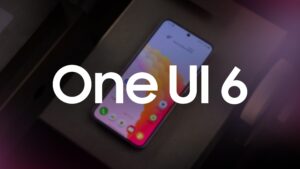
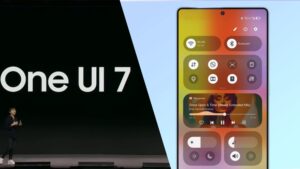
Post Comment